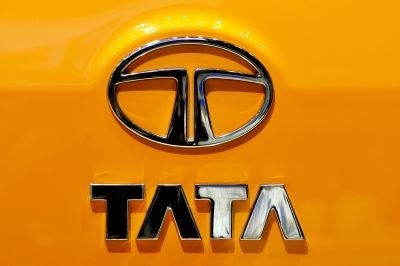India's Tata group to sell $700 flat-pack house

Your support helps us to tell the story
From reproductive rights to climate change to Big Tech, The Independent is on the ground when the story is developing. Whether it's investigating the financials of Elon Musk's pro-Trump PAC or producing our latest documentary, 'The A Word', which shines a light on the American women fighting for reproductive rights, we know how important it is to parse out the facts from the messaging.
At such a critical moment in US history, we need reporters on the ground. Your donation allows us to keep sending journalists to speak to both sides of the story.
The Independent is trusted by Americans across the entire political spectrum. And unlike many other quality news outlets, we choose not to lock Americans out of our reporting and analysis with paywalls. We believe quality journalism should be available to everyone, paid for by those who can afford it.
Your support makes all the difference.The Indian company that launched the world's cheapest car has unveiled its latest product for the fast-growing nation: a flat-pack house that costs just $700 and can be built in a week.
The Tata group, maker of the $2,500 Nano car, said that the 20-square-metre (215-square-foot) home comes from a pre-fabricated kit that includes doors, windows and a roof.
"We have already prepared two-three different designs based on discussions with users and are gathering more feedback," Sumitesh Das, the head of the project at Tata, told reporters in Hyderabad on Friday.
"Hopefully, in the next six-eight months we should be able to roll it out in the market nationally."
The basic model of a so-called "Nano" house will cost 32,000 rupees ($720) and will use coconut fibre or jute for wall cladding and interiors. It has a life expectancy of 20 years.
The house, which is being tested in the state of West Bengal, will also be available in a larger 30-square-metre version and with additional features such as a solar panel for the roof and a verandah.
Tata hopes to sell the house to private buyers who have a plot of land available and also to state governments planning mass residential schemes for India's millions of destitute and homeless.
Das said Tata was using advice from panchayats (village councils) to fine-tune the design.
The Nano car drew worldwide attention when it was launched in 2009, but sales figures have not met expectations due to production delays and safety issues.
bgs/amu/pst
Join our commenting forum
Join thought-provoking conversations, follow other Independent readers and see their replies
Comments